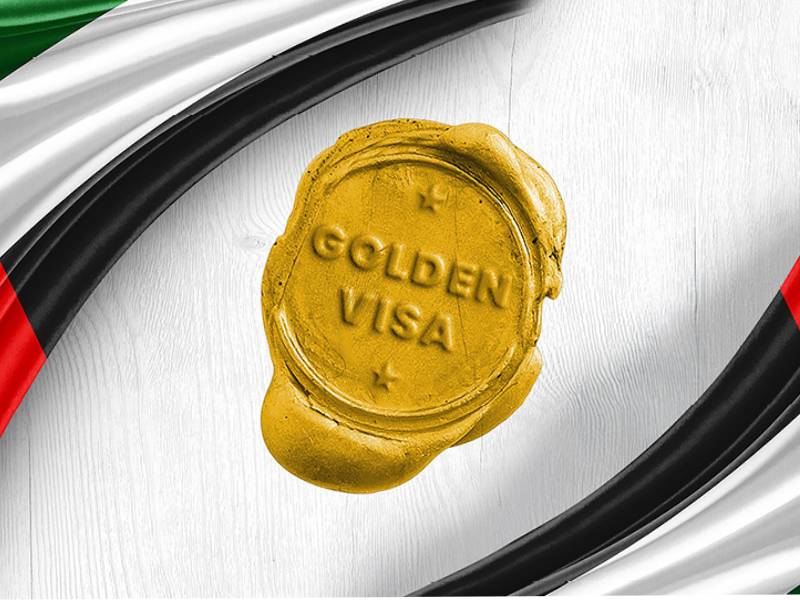Opportunities for Fresh Graduates in the UAE: A Comparative Analysis of Emirati vs. Non-Emirati Graduates
The UAE is a dynamic and rapidly evolving job market that offers unique opportunities for fresh graduates. However, the landscape of these opportunities can differ significantly between Emirati and non-Emirati graduates. Let's delve into the various factors that influence career prospects, incentives, training, and university collaborations for both groups.
1. Incentives and Job Opportunities
Emirati Graduates
Emirati graduates benefit from government initiatives and financial incentives aimed at promoting local employment. Due to Emiratization policies, which prioritize the hiring of Emiratis, there is a strong preference for Emirati candidates in both the public and private sectors. Programs such as exclusive job placement schemes and government-backed initiatives further enhance their employment prospects. Additionally, sectors like banking, energy, and government are particularly focused on recruiting Emirati talent, providing a direct pathway to impactful careers.
Non-Emirati Graduates
While non-Emirati graduates do not receive the same level of government incentives, they still have access to a broad range of opportunities across various sectors. Multinational companies and private enterprises often look for specialized or technical roles filled by non-Emirati candidates, especially in sectors such as technology, finance, and engineering. Although the market is competitive, it also offers unique opportunities for international exposure and growth, particularly within multinational corporations.
2. Training and Development
Emirati Graduates
Training and development opportunities for Emirati graduates are often aligned with national priorities. Government-sponsored training programs, such as "Nafis" and "Kawader," focus on upskilling Emiratis and integrating them into the private sector. Emirati graduates also benefit from internships and tailored development plans in key sectors like technology, finance, and healthcare, aimed at preparing them for leadership roles.
Non-Emirati Graduates
Non-Emirati graduates have access to varied learning opportunities through multinational companies, which provide industry-specific training aligned with international best practices. Internships and graduate schemes are particularly common in the finance, technology, and engineering sectors, offering a platform to gain valuable experience and international exposure.
3. Career Paths and Growth
Emirati Graduates
The UAE’s Emiratization goals are designed to increase the participation of Emiratis in the workforce, support national economic objectives, and reduce dependency on foreign labor. This strategy emphasizes the importance of preparing Emiratis for leadership roles and high-impact positions across various sectors. The development of Emirati graduates is central to achieving the UAE's vision of a skilled, self-reliant national workforce.
Non-Emirati Graduates
For non-Emirati graduates, career growth often involves opportunities within multinational companies or through international assignments. Specializing in specific technical or managerial fields can provide a competitive edge, allowing non-Emirati graduates to carve out niche roles in the UAE's diverse job market. While they may face more competition due to Emiratization policies, their specialized skills can make them attractive to employers looking to fill specific roles.
4. Alignment with Emiratization Goals
Emirati Graduates
The career paths and development opportunities for Emirati graduates are directly aligned with the UAE's Emiratization goals, which aim to increase Emirati employment and contribute to national development. This alignment provides Emirati graduates with a clear advantage in terms of access to jobs, career growth, and government support.
Non-Emirati Graduates
While non-Emirati graduates play a significant role in the UAE’s economic development by filling skill gaps across various industries, their career opportunities are not the primary focus of Emiratization policies. However, their contribution is still crucial in supporting the overall economic goals of the UAE.
5. University Support and Collaborations
Support for Emirati Graduates
Universities in the UAE, such as the United Arab Emirates University (UAEU), Khalifa University, and Zayed University, provide substantial support for Emirati graduates. These institutions maintain strong partnerships with industry leaders like ADNOC, Etisalat, Mubadala, Lockheed Martin, Siemens, and Emirates Group to facilitate job placements, internships, and career counseling. Additionally, the University of Sharjah collaborates with Sharjah government entities to align with Emiratization goals, offering further opportunities to Emirati graduates.
Support for Non-Emirati Graduates
Non-Emirati graduates also benefit from university collaborations but often through a different set of opportunities. Institutions like the American University of Sharjah (AUS) connect students with leading employers such as PwC, Deloitte, and Emaar through career fairs and job placements. Higher Colleges of Technology (HCT) focuses on providing practical skills and employment pathways in collaboration with Microsoft, IBM, and Dubai Police. The University of Sharjah provides the same career support services, internships, and industry collaborations to all students, with companies like Air Arabia, Bee’ah, and Sharjah Islamic Bank recruiting based on merit and skills.
Conclusion
While both Emirati and non-Emirati graduates have access to diverse opportunities in the UAE job market, the nature of these opportunities varies significantly. Emirati graduates benefit from government incentives, specialized training programs, and policies aligned with Emiratization goals, which prioritize their employment. On the other hand, non-Emirati graduates find opportunities in the private sector, particularly in multinational companies, where specialized skills and international experience are highly valued. Both groups contribute uniquely to the UAE’s economic development, fulfilling different roles within its diverse and evolving workforce.



















